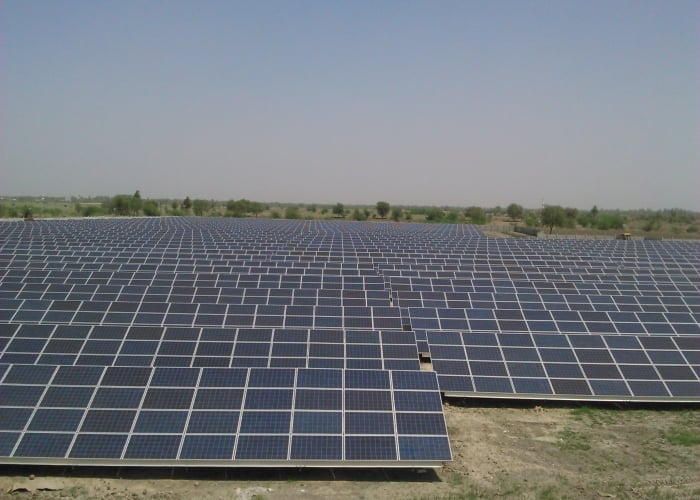
India’s inter-state electricity transmission regulator, Central Electricity Regulatory Commission (CERC), is finalising guidelines for virtual power purchase agreements (vPPAs) to unlock financing for over 40GW of uncontracted renewable capacity and lessen reliance on utility contracts.
The move aims to address long-standing concerns over delayed payments under traditional power purchase agreements. Announced during a Federation of Indian Chambers of Commerce & Industry’s (FICCI) webinar on vPPA, SK Chatterjee, CERC’s chief of regulatory affairs, said the framework is “almost finalised” following extensive feedback on draft guidelines issued in May.
Try Premium for just $1
- Full premium access for the first month at only $1
- Converts to an annual rate after 30 days unless cancelled
- Cancel anytime during the trial period
Premium Benefits
- Expert industry analysis and interviews
- Digital access to PV Tech Power journal
- Exclusive event discounts
Or get the full Premium subscription right away
Or continue reading this article for free
“We want these kinds of agreements to align with our larger objectives of achieving sufficient renewable energy capacities, which could be realised through means other than traditional power purchasing agreements,” he added.
The commission designed virtual PPAs to let stakeholders secure green credits for environmental, social and governance (ESG) compliance without conventional contracts, while backing over 40GW of renewable energy projects.
According to CERC, vPPAs will allow corporates to back renewable projects without taking physical power, receiving certificates to prove green procurement instead.
CERC has framed the rules to classify vPPAs as non-transferable delivery contracts, not financial derivatives, after talks with the Securities and Exchange Board of India (SEBI). Power must still be physically delivered, but into wholesale markets rather than directly to buyers.
Subhro Paul, director at the Central Electricity Authority, said the model offers compliance benefits for buyers and revenue certainty for developers, calling it “instrumental in scaling renewable power” globally.
The final guidelines will clarify transferability to subsidiaries and certificate accounting, with the industry expecting the framework to speed India’s 500GW renewable target by 2030 as an alternative to utility deals.






